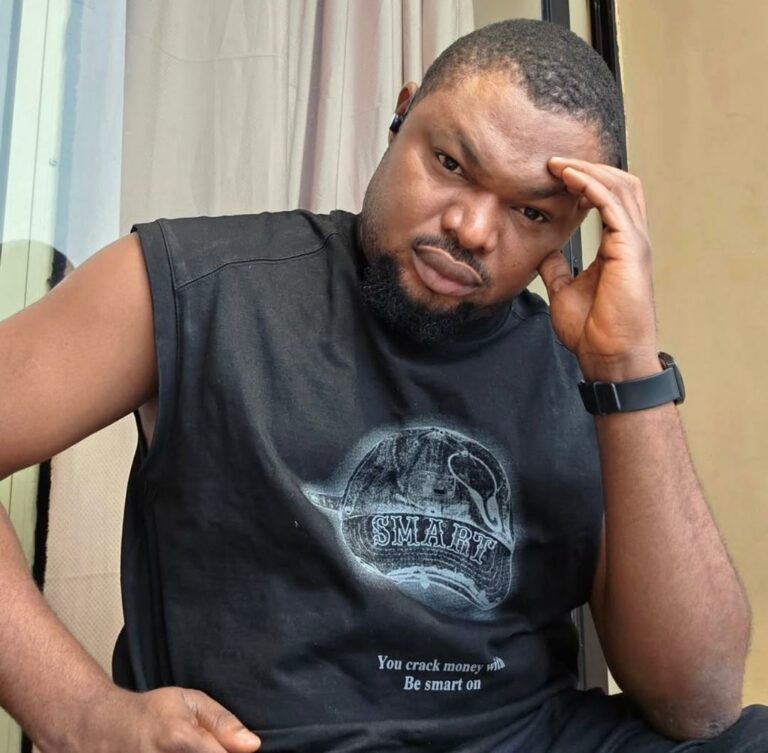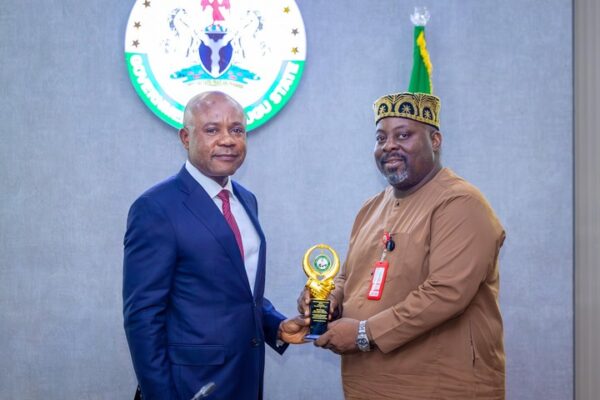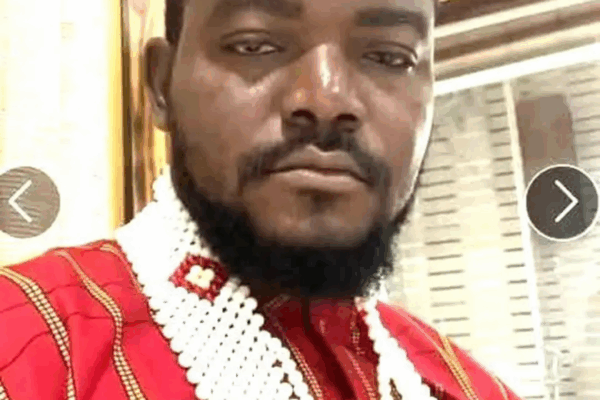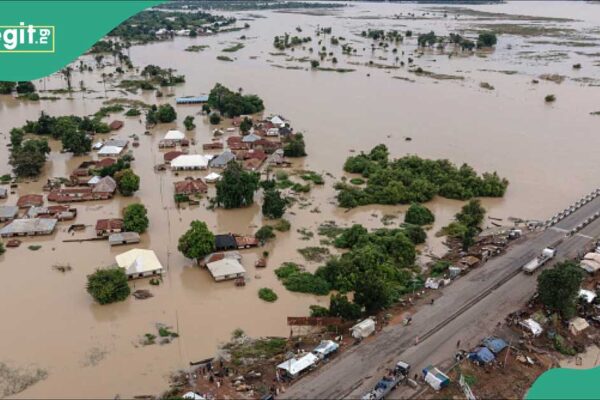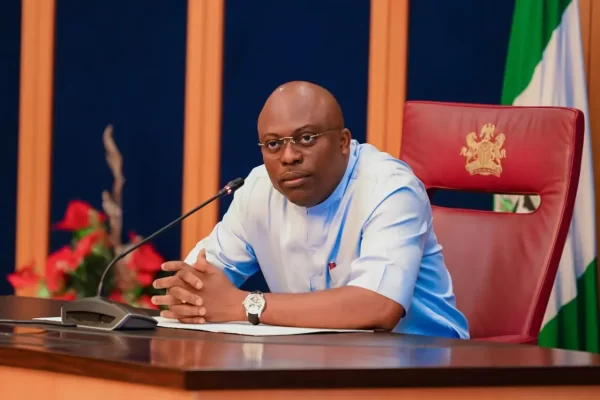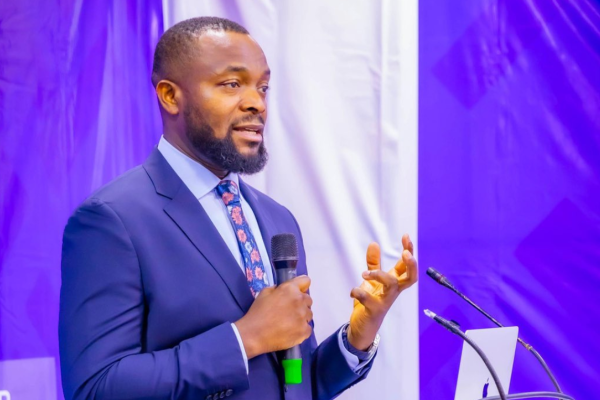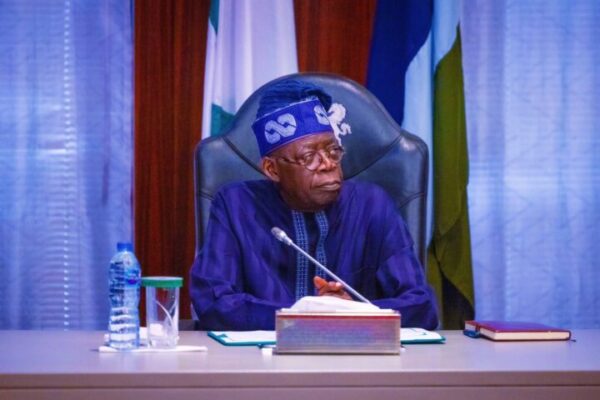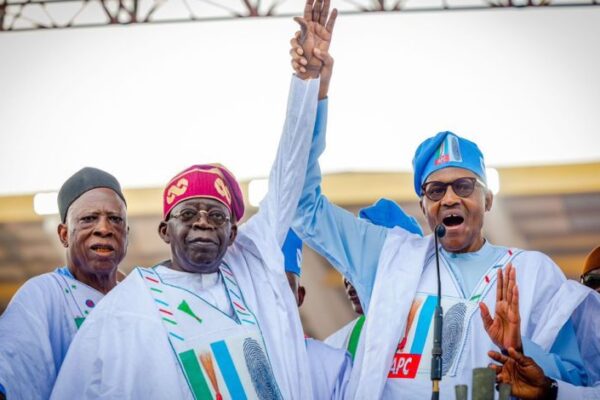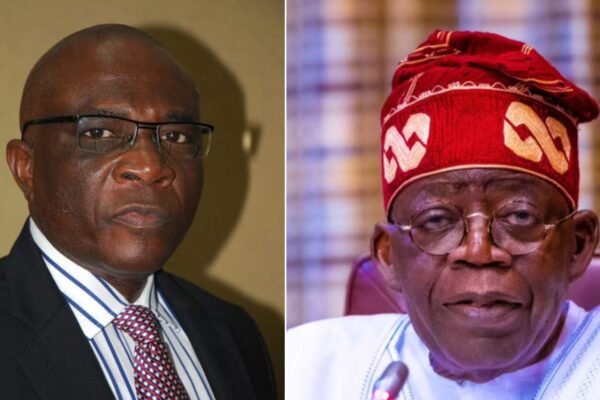
Onanuga: Nigerians Blame Tinubu Due to Short Memory – Media Aide Defends President’s Policies
Bayo Onanuga, Special Adviser on Media and Information Strategy to President Bola Tinubu, has said many Nigerians blame the President for the country’s challenges because they suffer from a “short memory” and often forget the state of the nation before Tinubu assumed office. Speaking during an interview on Arise TV on Friday, Onanuga argued that critics of the administration fail to consider the economic and structural problems Tinubu inherited when he took office in May 2023. According to him, Nigerians are too quick to forget the fuel shortages, foreign exchange crises, and heavy subsidy debts that plagued the nation prior to Tinubu’s emergence as President. Onanuga recalled that the Nigerian National Petroleum Company (NNPC) had significantly reduced fuel imports due to the federal government’s failure to settle over ₦4 trillion in unpaid subsidy claims. He noted that the fuel scarcity witnessed during the 2023 elections forced Tinubu to announce the removal of the subsidy on his first day in office, a decision aimed at reviving the oil sector and stabilising fuel supply. Defending the controversial reforms introduced by the Tinubu administration, including the subsidy removal and foreign exchange unification, Onanuga insisted these were necessary measures to correct systemic imbalances and ensure long-term stability. He urged Nigerians to give the President credit for tackling issues that previous governments avoided, emphasising that the administration’s actions have started yielding positive results, despite the initial hardships. Onanuga concluded by highlighting the government’s commitment to transparency and its efforts to ease the burden on citizens, pointing to the steps taken to stabilise the forex market and attract investment into the economy.Tools

